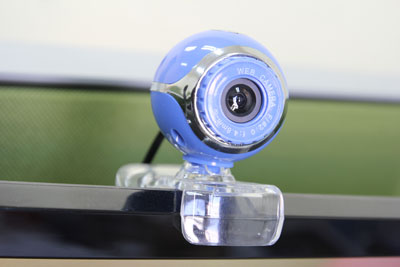Answering a reader’s question Phil Heinlein introduces l’huissier de justice.
 Joanna in Antibes has acquired some very noisy neighbours: music at all hours, motorbikes, shouting, barking – “it’s unbearable”. A neighbour tells her she should get a huissier to come by to certify the problem. So what’s a huissier? Joanna’s small French-English dictionary simply says “bailiff” and for a lot of Brits that’s likely to suggest a thug sent round to intimidate defaulting rent-payers or even to throw them into the street. But the huissier is no more the equivalent of a bailiff than a notaire is the same thing as a solicitor. Both professions, though, have in common that they are state appointees.
Joanna in Antibes has acquired some very noisy neighbours: music at all hours, motorbikes, shouting, barking – “it’s unbearable”. A neighbour tells her she should get a huissier to come by to certify the problem. So what’s a huissier? Joanna’s small French-English dictionary simply says “bailiff” and for a lot of Brits that’s likely to suggest a thug sent round to intimidate defaulting rent-payers or even to throw them into the street. But the huissier is no more the equivalent of a bailiff than a notaire is the same thing as a solicitor. Both professions, though, have in common that they are state appointees.Bad debts
Your huissier is certainly a different species from your typical bailiff. He’s got a law degree, he’s done a two years internship with a working huissier and you’ve got to call him “Maître”! His status goes back to a government decree of 1945 which spells out his essential task as notifying legal decisions to those concerned. But there’s much more to his function than that. Take Joanna’s case. Where someone wishes to complain effectively about a nuisance created by neighbours, it’s almost indispensable to get a huissier in to certify the facts. To cite a couple of other examples of his work, you can have him supervise the état des lieux of a property – that’s a description of its condition when a tenant entered and/or left it. Also – and this is relevant to another article in this issue – he can testify to bad workmanship if you feel an artisan has let you down.
An important function of the huissier is enforcing the settlement of bad debts, including arrears of rent. Eviction is quite rare, although at some stage a defaulter’s belongings may be seized. But don’t panic. There used to be an ad on French television in which a hard-faced huissier left a distraught girl in a totally bare apartment. Fantasy. The law specifies a range of items that cannot be seized – including table, chairs, bed, cooker, washing machine and other items “necessary for daily use”. If it comes to eviction, this can’t happen between November 1st and March 15th (it’s too cold to be on the street, see). And the huissier can’t seize your dog, however valuable.
From Riviera Reporter issue 125, Feb/March 2008

















